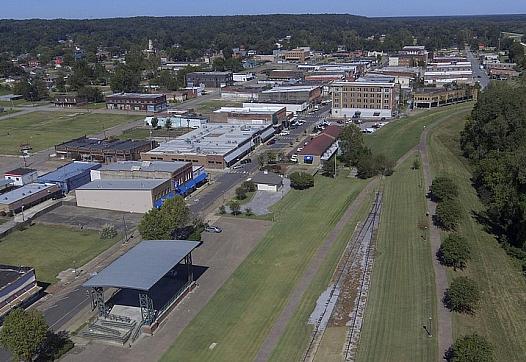
The Central and Northwest metropolitan areas of Arkansas have grown in population over the past decade, but towns in the Delta — with the exception of Jonesboro — lost people in large numbers.

The Central and Northwest metropolitan areas of Arkansas have grown in population over the past decade, but towns in the Delta — with the exception of Jonesboro — lost people in large numbers.
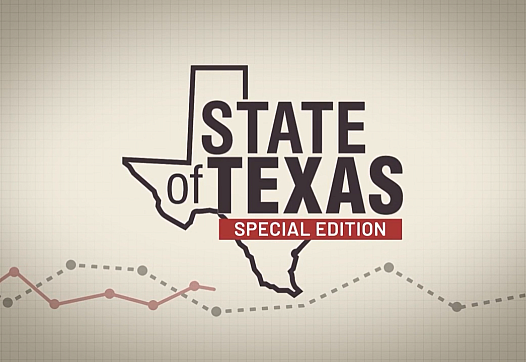
In recent years, there have been efforts to increase other competency restoration alternatives – like jail-based or outpatient methods – but for some people, those options are not always available.
A year and a half after COVID-19 outbreaks tore through many of the nation's meatpacking plants, workers and their towns are still working on ways to enhance safety.
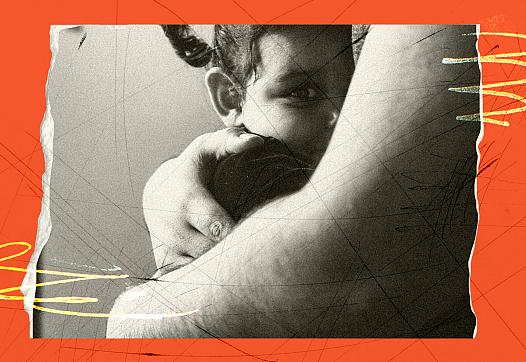
“Grandma was in the system and now Mom is in the system and now the child is in the system … How can we expect our community members to even start healing?”
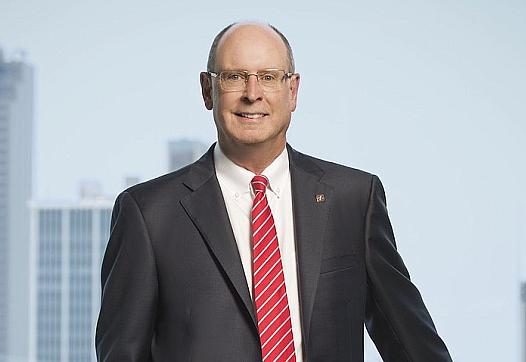
To put the Delta on the same playing field as other parts of the state for business growth, there needs to be a large-scale investment in infrastructure, health care, school systems and more, medical experts said.
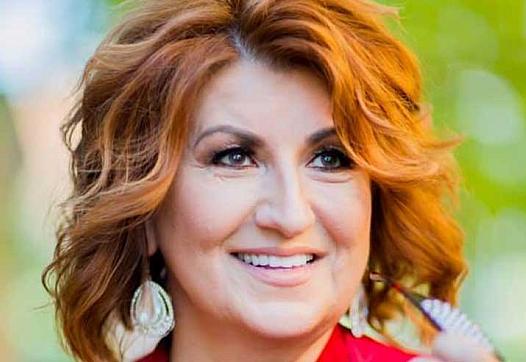
This article was produced with support from the USC Annenberg Center for Health Journalism’s 2021 Domestic Violence Impact Reporting Fund.
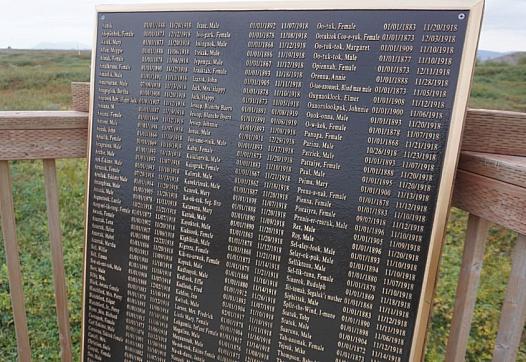
The 1918 influenza epidemic is still remembered keenly in parts of rural Alaska.
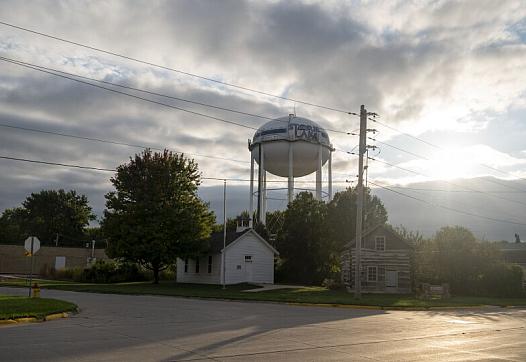
The meatpacking plants have pulled in thousands of immigrant workers over the past two decades. They’re the economic center of the town, employing around 3,000 workers.
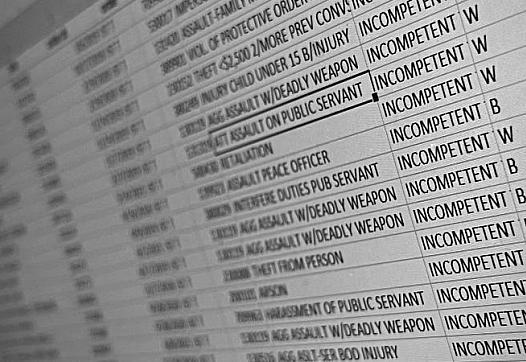
An examination of shortfalls in Texas' oversight of the state hospital waitlist spotlights unreliable data and records that aren’t kept, like the race and ethnicity of people on the waitlist and how many die each year before getting to the hospital.

This project was produced as part of the 2021 National Fellowship with USC Annenberg Center for Health Journalism....